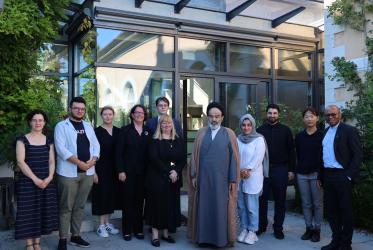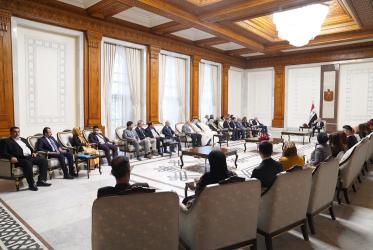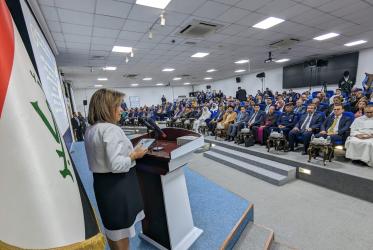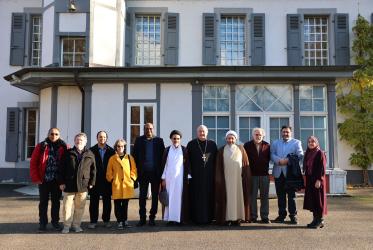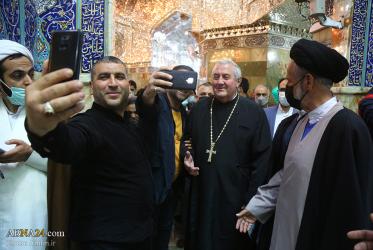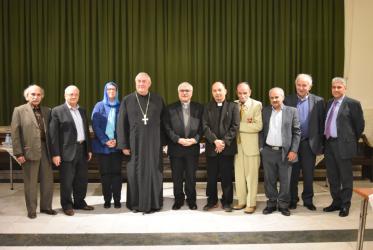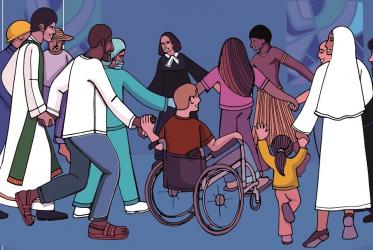Displaying 1 - 20 of 64
Brazilian churches call for transformative racial justice
23 November 2020
WCC expresses hope for work of the Syrian Constitutional Committee
01 November 2019
A moment in ‘Time’: an interreligious vision in Erlangen
20 December 2018

